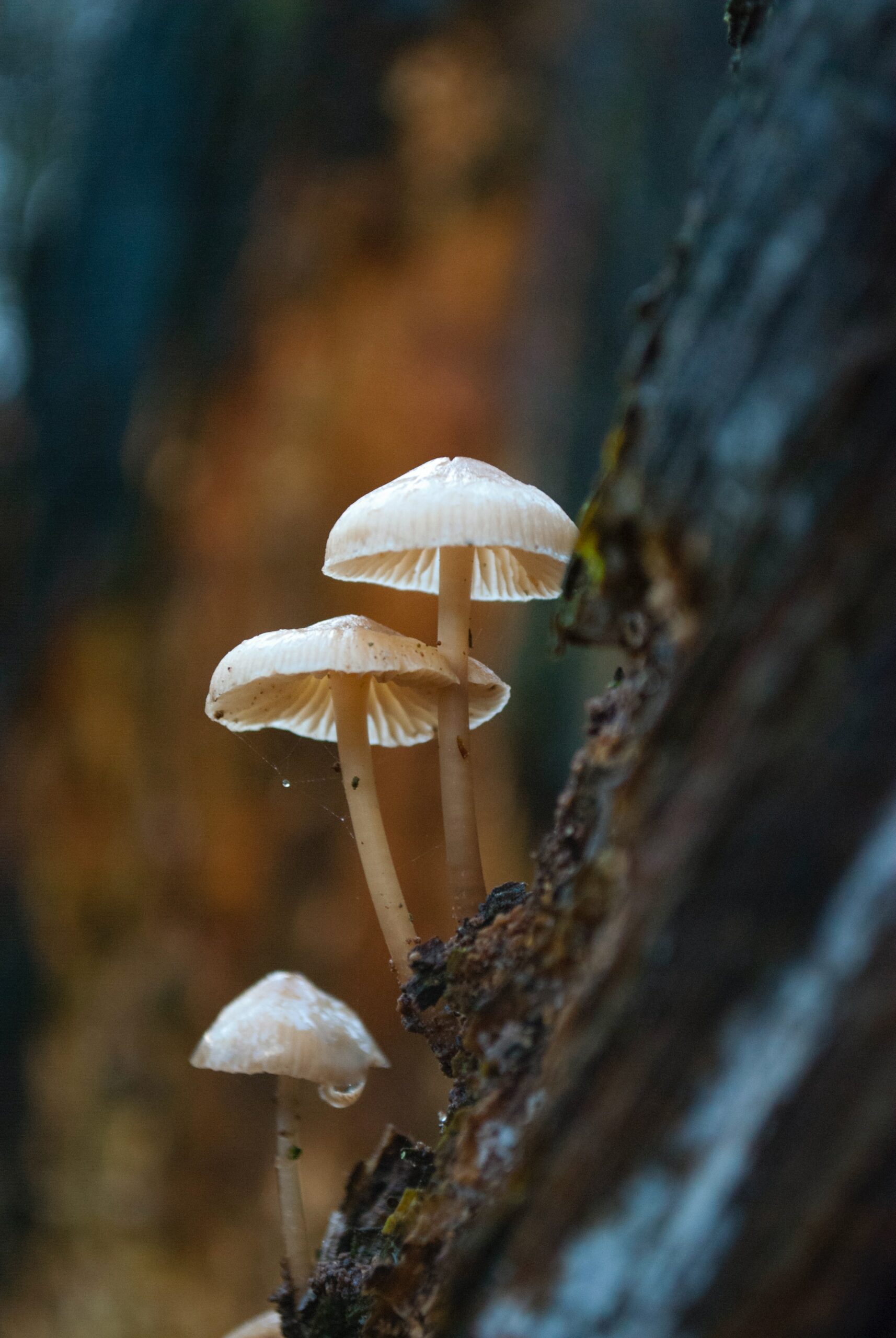CBD: Protect & Forget

There are over 100 phytocannabinoids available to help maintain health. CBD is effective for brain health both in neurological conditions and for mental health. It is also excellent for sleep and recovery. It modulates stress and the immune response by inhibiting pro-inflammatory cytokines. CBD exerts direct anti-oxidant effects and reduces inflammation which is part of why it is so helpful for treating pain of all types.
Keep in mind that the strength of THC has increased up to 30 x’s through growing practices. This is why it is important to source out high quality CBD products that show the ratio of THC. We know that adverse events from high THC include triggering of schizophrenia especially in young men. THC is problematic in the brain development of young people in general however CBD can be used to treat anxiety, pain and epilepsy in young people.
Neurological Health
CBD increases neuroplasticity and brain-derived neurotrophic factor (BDNF). It also enhances synaptic connections and protects oligodendrocytes in the myelin sheath. This is important in Multiple Sclerosis and why so many MS patients are benefiting from CBD. By reducing microglia activation there is some evidence that CBD can protect against alzheimers.
Trauma
One of the hallmarks of trauma is that as humans we tend to have trouble letting it go. We can replay trauma until it resolves somatically and CBD is one of the therapies that can help with this. Animals shake trauma off more easily because their brains don’t override their physical response the way ours can.
Pain is one way we tend to hold onto trauma. I often say to my patients that we need to reset the pain response that is held in the nervous system. CBD binds to our nociceptors in a way that is three times more effective than aspirin. This is why it can be so effective for everything from migraines to chronic arthritis. Relief from pain allows our body to heal more readily.
Studies around post-traumatic stress disorder show that CBD is a promising therapy. There is a 75% reduction in symptoms. It helps people sleep without nightmares when administered properly because certain ratios reduce REM while increasing deep sleep which is the most important for recovery and repair.
Effect on Sleep & Anxiety
Pain is one reason people struggle to sleep and anxiety is another. Lack of sleep decreases focus and makes it more difficult to make healthy choices. Quality and quantity of sleep is a major factor especially in young people who need more hours. It has been hypothesized that the rise in ADD/ADHD is connected with less sleep time. Obesity is also linked with lack of sleep.
CBD promotes GABA which helps with reducing sleep anxiety. It can be very helpful during perimenopause when GABA can be low due to lower progesterone. The majority of people are low in omega fatty acids. This indicates most have an endocannabinoid deficiency because omega fatty acid are a precursor. They also are anti-inflammatory and help with pain.
Reducing pain increases sleep. Topical or sublingual forms of CBD are best because it bypasses the gut where some potency can be lost. People are often prescribed opioids for pain which are habit forming and dangerous. Medical cannabis has reduced the number or opioid induced deaths both from overdose and motor vehicle incidents involving opioids impairment. CBD is used to wean people off of opioids with great success in many cases.
A 2011 study that focused on public speaking showed that people express less social anxiety and discomfort as a result of using CBD. It is also effective for irritable bowel disease because it is known to relax muscle spasms. CBD can stimulates weight gain and appetite which also helps with sleep especially for those undergoing cancer treatment. It also helps with metabolism, autoimmunity and weight loss.
Depression & Mental Health
CBD mimics natural serotonin. In Ayurvedic medicine this plant is known as “the giver of joy” for this reason. It binds with the 5HT1a receptor and lifts mood making people feel light. This explains it’s rapid anti-depressant effect. Depression and even psychosis have been linked to brain inflammation. It’s not surprising that CBD decreases microglial activation as well as inflammation which is good for mental health.
I’ve heard this plant described as “biologically promiscuous” meaning it has a positive effect on many systems in the body. Evidence of its use in China and India date back as far as 10 000 years. With all of the benefits and no risk of overdose causing death, like so many other analgesics, we are likely to see more use in the coming use.
Related Posts
 Hormones Involved with Autism Spectrum Disorder
Hormones Involved with Autism Spectrum Disorder





